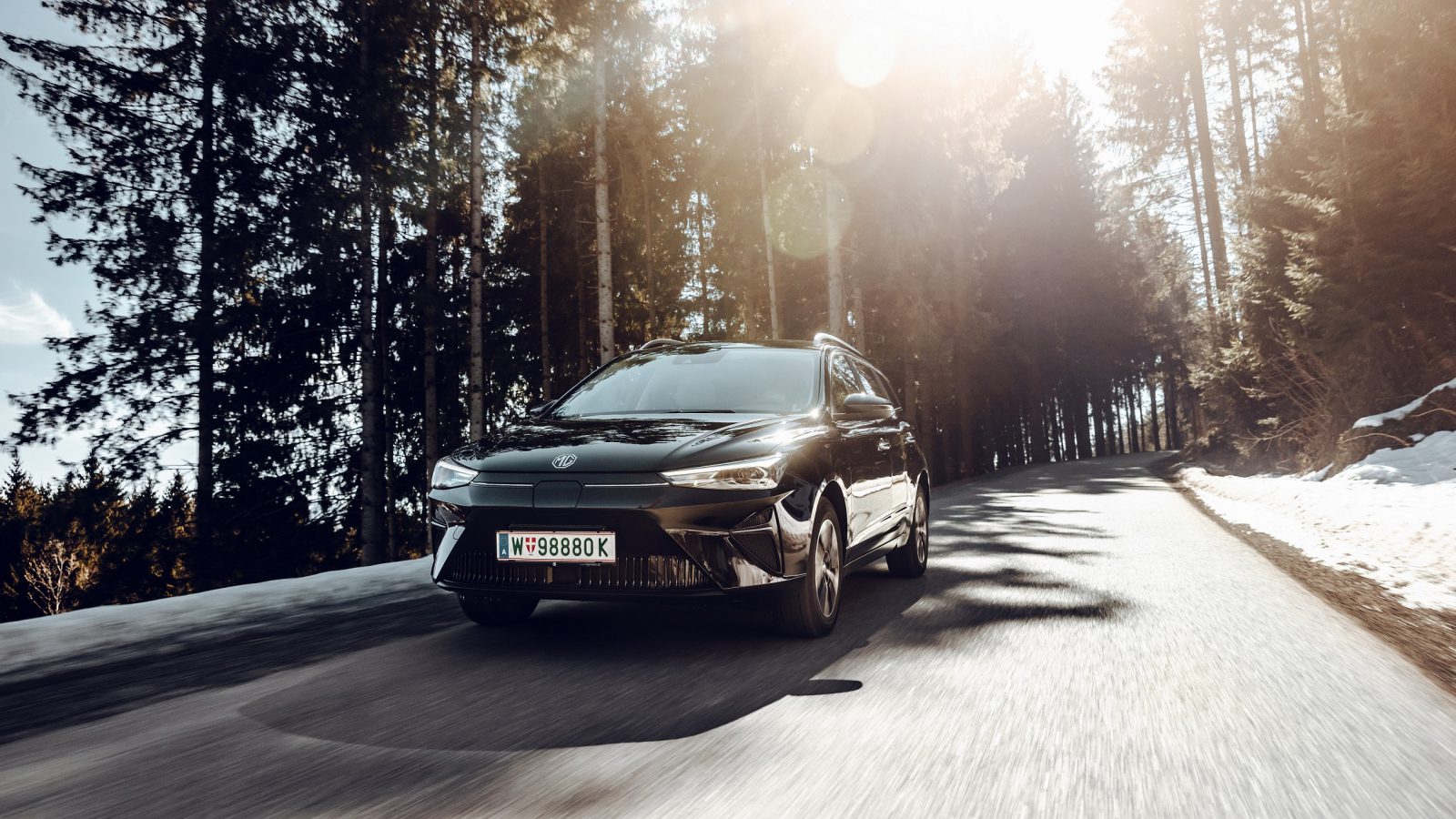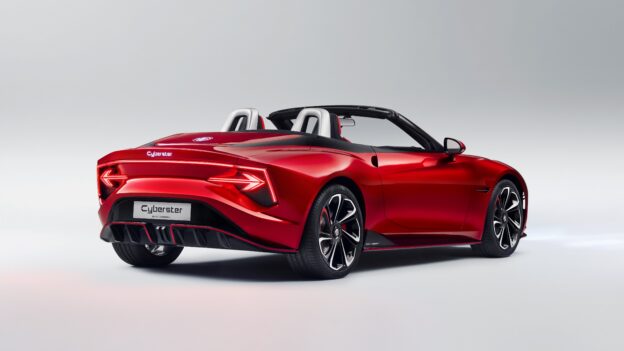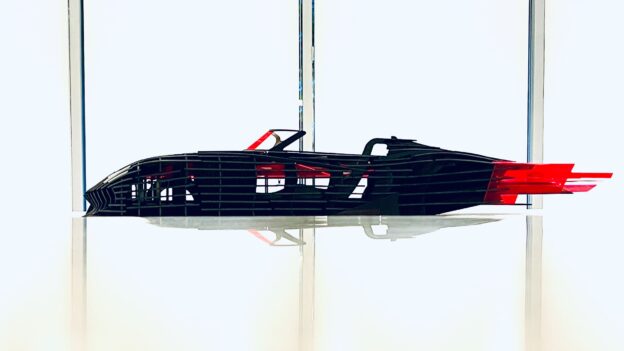What is the equivalent fuel consumption of an electric car?
An electric car doesn’t use fuel but gets its energy from a battery. The maximum amount of energy the battery can store (capacity) is expressed in kWh (kilowatt-hour). Instead of the amount of fuel needed to cover hundred kilometres, the energy consumption of an electric car is (usually) expressed in the number of kilowatt-hours needed to drive a hundred kilometres (kWh/100 km).
Let’s take the MG5 Electric Long Range as an example, the world’s first all-electric station wagon. The battery offers a capacity of 61.1 kWh. With a fully charged battery, you can drive a distance up to 400 km according to the European protocol for the measurement of energy consumption (WLTP). This means the average energy consumption of the MG5 Electric Long Range is 15.3 kWh/100 km.
Since electric driving is still unknown territory for many, the energy consumption of an electric car doesn’t mean much to most motorists. But to give you an idea, we can calculate the ‘equivalent fuel consumption’ of an electric car.
How? Well, we know a litre of petrol contains about 8.9 kWh of energy. If we convert this and compare it with the energy consumption of the MG5 Electric Long Range (15.3 kWh/100 km divided by 8.9 kWh/litre), you have an equivalent fuel consumption of just 1.7 l/100 km. In other words, the MG5 Electric is considerably more energy efficient than any car with an internal combustion engine (ICE).
Significantly more efficient
An important reason why an electric car uses far less energy compared to an ICE car is because an electric motor has an efficiency of about 95%. This means almost all the energy used by the motor is converted into motion to make the wheels turn. In a petrol or diesel engine, about a third of the energy is lost in heat alone.
In addition, the MG5 Electric is already exceptionally efficient compared to other electric cars in the segment. This is partly due to its surprisingly low weight of 1,562 kg and the advanced drive technology developed by MG’s parent company SAIC Motor, China’s leading EV manufacturer. For example, all electric motors used in MG models benefit from ground-breaking ‘hairpin winding’ with which an efficiency of even 97% can be achieved.
Want to know more about the new MG5 Electric of other MG models? Find out all you need to know and specify your favourite model yourself in our car configurator.




